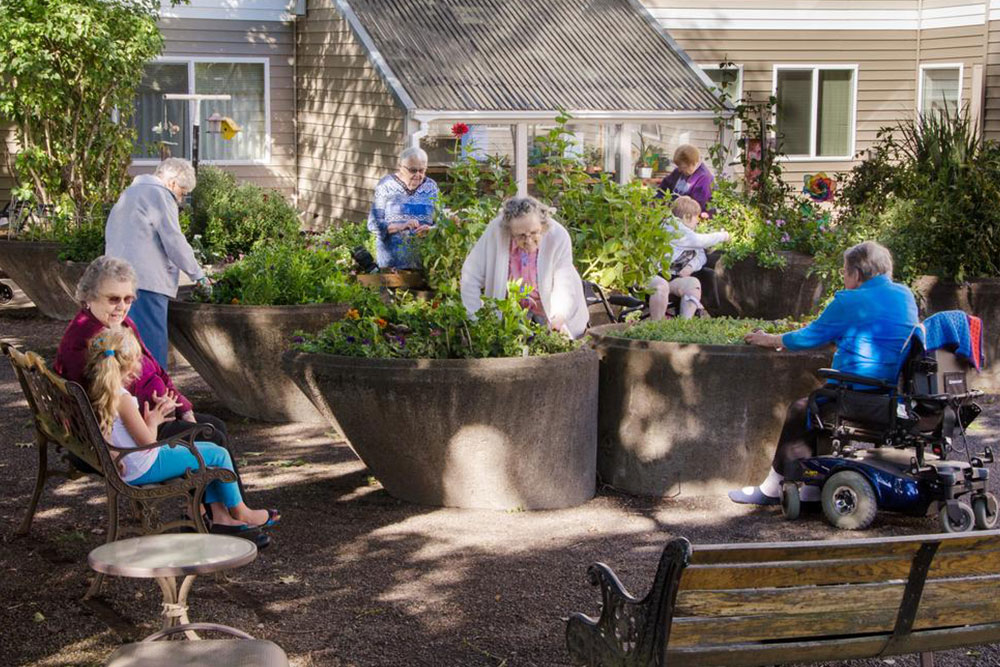Essential Insights About Assisted Living You Should Know
This article provides essential insights into assisted living, highlighting different care options, cost-saving strategies, diversity in communities, specialized dementia care, and considerations for couples. It aims to help families make well-informed decisions about senior care services tailored to their loved ones' needs, emphasizing the importance of understanding available options and selecting the most suitable environment for aging with dignity.
Essential Insights About Assisted Living You Should Know
Assisted living provides long-term support for seniors who cannot manage daily activities at home due to health or other reasons. These facilities combine housing with healthcare and personal assistance tailored to the needs of older adults, ensuring comfort and independence. Various types include adult homes, enriched housing, family-style residences, and nursing facilities. Picking the right environment depends on the elderly person's specific requirements, making informed decisions crucial for families considering these options.
There are several senior care categories, each with unique services and costs. Popular options include in-home care, daytime programs, independent living, personal home assistance, assisted living communities, hospice, retirement villages, dementia-specific care, respite stays, nursing homes, and continuing care retirement communities (CCRCs). Knowing these can help families choose the most suitable care plan.

Moving into an assisted living community is a significant life event that requires careful consideration. Here are some lesser-known facts to help families make informed choices about senior care. Understanding the different types of services, costs, and specialized programs can simplify the decision-making process.
Various care levels and services offered
Senior living options have diverse names reflecting their service levels, each with different price points. Common care options include:
In-home senior support
Personal Care Management (PCM)
Day programs for adults
Independent senior living
Home health services
Assisted living communities
Hospice care
Retirement communities
Senior apartments
Dementia and Alzheimer's care
Respite care
Nursing facilities
Continuum of care retirement communities (CCRCs)
These are some of the main care options families should consider before selecting a facility, ensuring they meet their loved one's needs.
Cost-effective assisted living choices
Many believe assisted living is costly, but there are affordable options. Planning ahead, including waiting lists, insurance, Medicare, Medicaid, and veteran benefits, can reduce expenses. Shared accommodations often cost less than private rooms, helping families save money while ensuring quality care.
Growing diversity in senior living environments
Senior communities are increasingly tailored to cultural, linguistic, and religious preferences. Options include Asian, Jewish, LGBTQ+ friendly, golf-oriented, and other specialized communities. Staff are often bilingual, providing comfort and familiarity for diverse residents, reflecting a broader commitment to diversity in senior housing.
Dementia-specific care in assisted living
Many facilities now offer specialized programs for Alzheimer's and dementia patients. These tailored services aim to manage symptoms and enhance quality of life, providing a broader spectrum of care to address different cognitive needs within assisted living settings.
Housing options for couples
Some assisted living communities facilitate couples living together, accommodating their unique needs within the same facility or in adjoining units. While some may offer double-occupancy apartments at a higher cost, these options help couples stay together during their later years.
Important considerations before selection
Families should assess the care levels offered—low, high, or memory care—based on their loved one's health needs. Lower care suits those with minimal assistance and no cognitive issues, while higher care supports residents needing help with daily tasks. Memory care addresses the special needs of dementia patients, often with dedicated units and staff trained in cognitive support.










